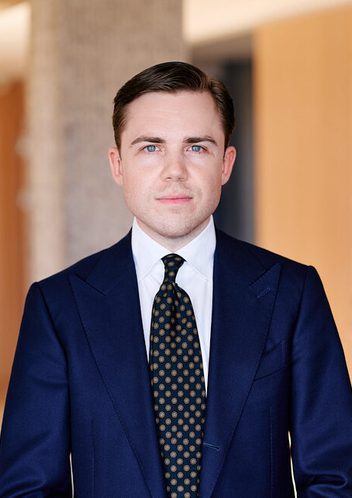
Victor Elovsson
Senior Lawyer
Stockholm
Newsletter
by Adrian Karami, Victor Elovsson and Ebba Perman Borg
Published:
On 21 March 2024, the Attorney General Collins of the Court of Justice of the European Union (the “CJEU”) issued his legal opinion in the CJEU case between Sweden and three Finnish pension funds, case C‑39/23 KEVA.
There have been several cases in which Finnish pension funds have applied for – but been denied – a refund of withholding tax paid on dividends from Swedish companies. The refund claims have been based on the argument that Swedish public general pension funds, the Swedish AP funds, are exempt from tax. Consequently, the Finnish pension funds claim that unequal treatment in this respect is contrary to the free movement of capital as set out in Article 63 of the Treaty on the Functioning of the European Union (the “TFEU”).
The Attorney General argued that Article 63 TFEU must be interpreted as meaning that the fact that dividends paid by domestic companies to foreign public pension institutions are subject to withholding tax, whereas the corresponding dividends are not taxed if they accrue to the source State through its general pension funds, constitutes such negative differential treatment that it entails, in principle, a restriction of the free movement of capital. A related question that was addressed was which criteria that should be decisive when assessing whether a foreign public pension institution is in a situation which is objectively comparable to that of the source State and its general pension funds. In this regard, the Attorney General proposed that when assessing the objective comparability of a foreign public pension institution to that of the source State and its public pension funds, it is necessary to take account of the respective purposes, functions and core tasks, the regulatory frameworks in which they operate, and the characteristics of their organisations. Accordingly, ancillary matters like differences of a purely technical nature, were said to not be determinative of the assessment. Lastly, the Attorney General held that although it is possible to justify a restriction of the free movement of capital by overriding reasons of public interest, no justifications presented in the case appeared to constitute such overriding reasons.
The Attorney General's legal opinion, which is clearly in favour of the Finnish public pension funds, will now be considered by the CJEU ahead of its preliminary ruling before the matter can be finally decided by the Supreme Administrative Court of Sweden.
